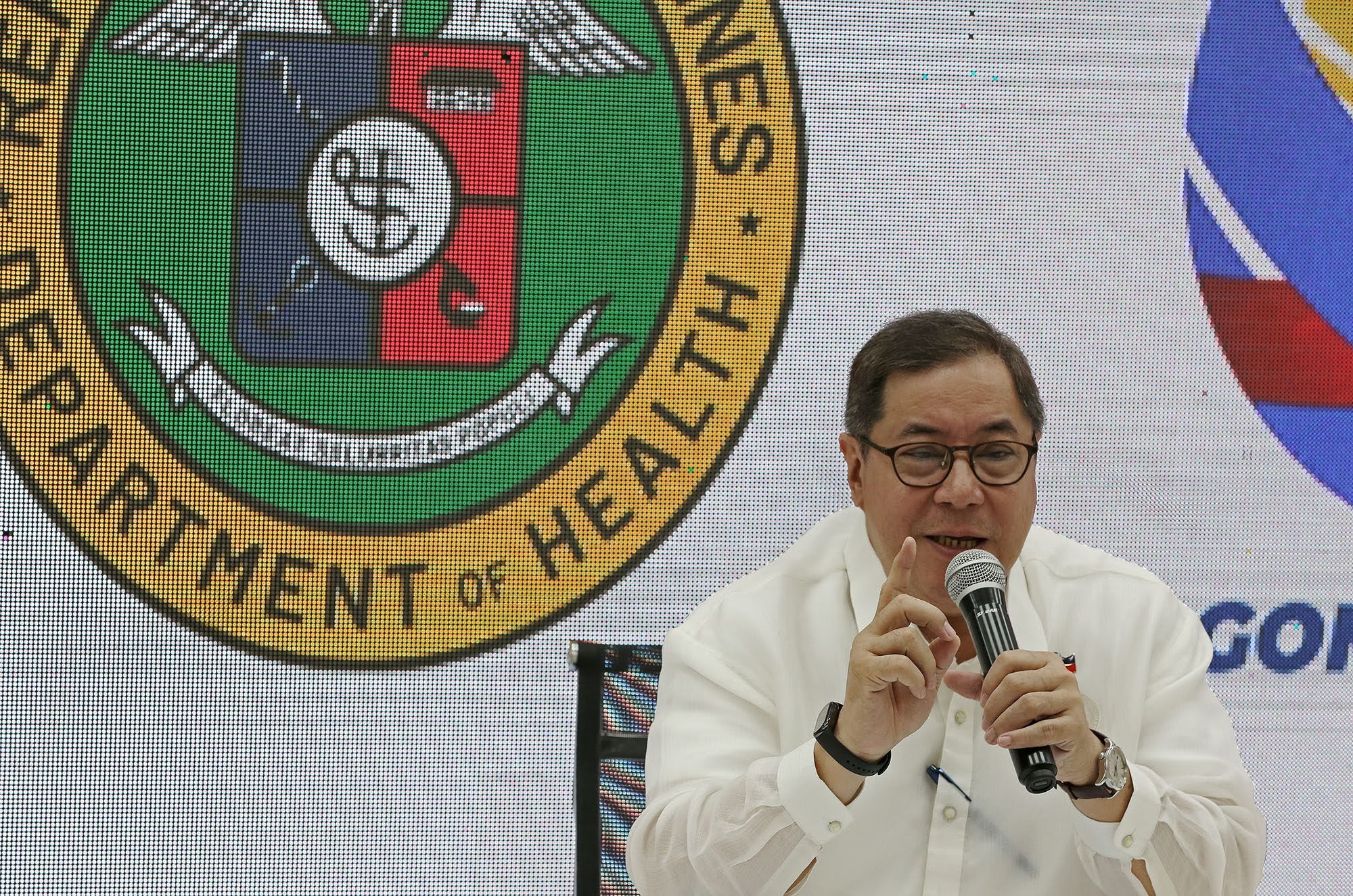
Health Secretary Teodoro Herbosa—RICHARD A. REYES
MANILA, Philippines — The Philippine Health Insurance Corp. (PhilHealth) is set to abolish its controversial “single period of confinement” (SPC) rule, a major reason why several claims filed by hospitalized patients get denied.
The Department of Health (DOH) said the PhilHealth board’s benefits committee, chaired by Health Secretary Teodoro Herbosa, decided in a special meeting on Tuesday to recommend to the board en banc the removal of the SPC rule on its case rates.
The 13-member board, which is also chaired by Herbosa, is expected to formalize the decision in its regular meeting today.
The rule took effect in 2013 after PhilHealth shifted the way it pays accredited health providers from fee-for-service (where they are paid for each service they perform) to case-based payment, now known as the All-Case Rates (where medical facilities are reimbursed a predetermined fixed rate for each treated case).
Out-of-pocket burden
Under a 2013 PhilHealth circular, the SPC rule states that admissions and readmissions due to the same illness or procedure within a 90-calendar day period shall be entitled to the benefit only once.
“Therefore, availment of benefit for the same illness or procedure that is not separated from each other by more than 90 calendar days will not be provided with a new benefit, until after the 90-calendar day period reckoned from the date of admission,” it said.
Only nine procedures and conditions are exempted from this rule, including blood transfusion, chemotherapy, dialysis, and asthma.
This means that if a patient was confined due to dengue in September with PhilHealth covering the expenses, the patient has to shoulder the fees if he or she gets admitted again due to dengue in October or November.
“We are now in the era of the Universal Health Care Act of 2019, decades after the Philippine Medical Care Act of 1969. Technologies against fraud are also better today. Let us fix our policies to bring down the out-of-pocket payments of families,” Herbosa said.
Long overdue
According to the DOH, the SPC rule denied 26,750 claims in 2023 alone.
The cases typically include community-acquired pneumonia, acute gastroenteritis, urinary tract infection and chronic kidney disease, among other illnesses.
By not covering the same illness, some doctors are forced to give a different diagnosis so that patients can avail themselves of PhilHealth benefits.
The rule has been the subject of scrutiny for years, with lawmakers calling on PhilHealth to abandon the policy.
During a hearing of the Senate committee on health on Sept. 10, a mother recounted her experience with the SPC in the case of her son who contracted pneumonia and had to be hospitalized twice.
She said she was advised by the PhilHealth staff at the National Children’s Hospital, a government hospital in Quezon City, to have the doctor change her son’s diagnosis in order to get the PhilHealth benefit package.
Another case involved a patient suffering from emphysema who was informed, after being readmitted due to complications, that PhilHealth’s policy allowed coverage only once every six months, resulting in additional expenditures for the patient’s family.
Illogical policy
The committee chair, Sen. Bong Go, underscored the policy’s negative impact, particularly on patients with recurring illnesses.
READ: Senators back Bong Go’s call to scrap PhilHealth single confinement rule
Go called the policy illogical, noting that illnesses such as pneumonia and pregnancy complications were unpredictable and that their coverage should not be limited by arbitrary timelines.
Addressing the panel, PhilHealth president Emmanuel Ledesma Jr. said they would scrap the rule before the “end of the month,” which was earlier than its initial plan to drop it before the end of the year.
Ledesma also said PhilHealth would act on plans to increase the benefit case package before the end of November.
Dental packages, which are currently not included, would also be added before the end of December, he said.